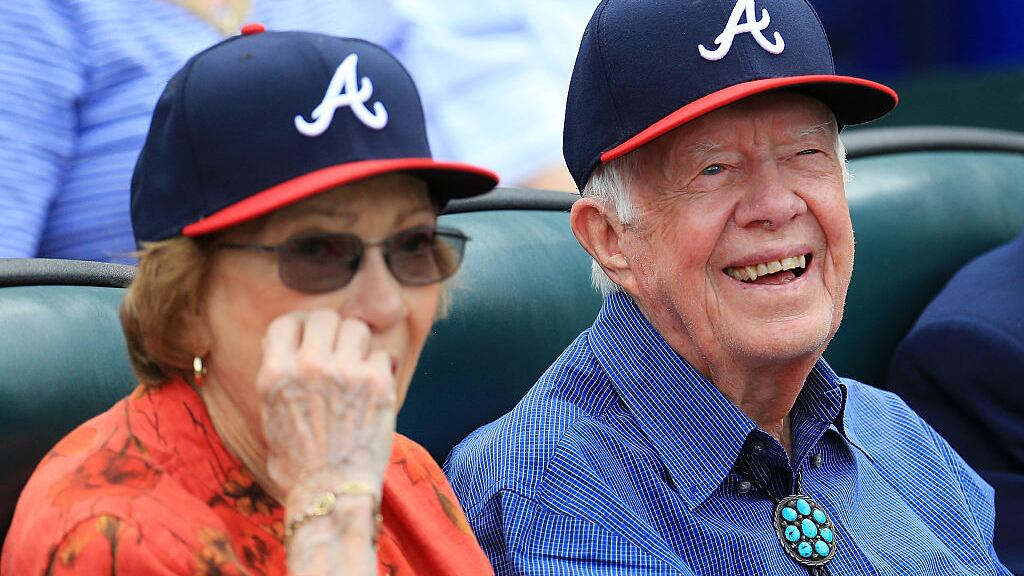The 1980 event wasn’t the first Olympic Games boycott. Earlier, for instance, 29 African countries and Guyana did not attend the 1976 Montreal Games in protest of New Zealand’s presence, as it had played rugby matches with South Africa despite international sanctions due to apartheid. But the decision of then-president Jimmy Carter to prevent the United States from participating in Moscow 1980 is one of the most controversial moments in Olympic history and intensified tensions during the height of the Cold War.
The measure promoted by the United States was followed by 66 countries, including West Germany, Canada, South Korea, Saudi Arabia, Egypt, Israel, Argentina, Chile. China did not participate either, as it was then experiencing a serious political conflict with the Soviet Union.
PUBLICIDAD
Other countries, such as United Kingdom, France, Spain and the Netherlands, had limited participation and competed under the flag of the five rings.
Overall, the boycott of the 1980 Olympic Games, driven by the recently deceased Jimmy Carter, was the largest in history.
Why did Jimmy Carter choose to boycott the Moscow Games?
The decision to boycott the 1980 Olympic Games was not taken lightly. The then President of the United States, Jimmy Carter, promoted the measure as an act of rejection of the Soviet Union's invasion of Afghanistan, which occurred in December 1979.
The first threat was established by Carter in January 1980 with the demand that the USSR troops leave Afghan territory.
Weeks later, the Winter Olympic Games in Lake Placid, New York, took place, where the historic victory of the United States amateur team in the ice hockey final against the powerful and formidable Soviet Union team occurred. At that point and in the presence of the International Olympic Committee and representatives from other countries, Carter's administration unsuccessfully attempted to strip the Games from the USSR and have them held in Greece.
The negotiations, led especially by the Irishman Michael Morris, president of the COI, lasted weeks but had no effect, and the boycott diminished the significance and importance of the Moscow Olympic Games.
Carter made the decision to boycott against the Soviet Union in the final year of a presidential term undermined by double-digit inflation, an energy crisis that forced Americans to wait in long lines to fill up on gasoline, and the hostage crisis in Iran that began in November 1979 and lasted 444 days.
What was the consequence of Carter's boycott?
In response to the attitude of the United States in 1980, the USSR, most of the Warsaw Pact countries (with the exception of Romania), and Cuba decided to boycott the 1984 Los Angeles Olympic Games.
The American and Soviet athletes once again faced each other in sports at Seoul 1988, and since then, the Olympics have been practically free of boycotts.
